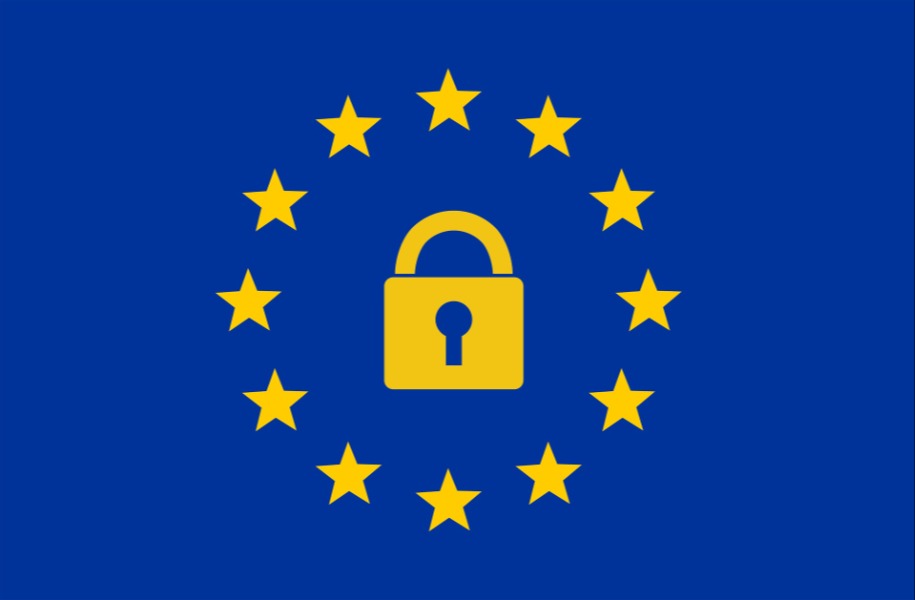ChinaTalk: EMERGENCY POD: Biden's Final Export Controls Misfire?
Published by The Lawfare Institute
in Cooperation With

Click here to listen to ChinaTalk in your favorite podcast app.
Commerce released its much-anticipated chip export-control updates yesterday, December 2. But today's guests are unimpressed.
But are we right to have hoped for more? To discuss, I’m joined by Dylan Patel of SemiAnalysis and Greg Allen from CSIS.
A disclaimer: We recorded this yesterday the same day the regs were released, and given their complexity our takes are inevitably provisional.
We get into:
- What’s in the new controls: high bandwidth memory, FDPR, and the Entity List.
- Why key assumptions in Biden’s approach to export controls limited
- How China’s stockpiling spree may have already rendered these new rules partially obsolete, and what policymakers can do about that going forward.
- The law-enforcement approach vs. the counterintelligence approach, and whether export controls should be a foreign-policy tool or simply a law-enforcement activity.
- How the new chip controls are like removing puzzle pieces just one at a time — and why that’s exactly what China wants.
- The “America First” rationale for domestic chip production.
- Why the Democrats’ regulatory design philosophy has favored massive complexity to the detriment of enforcement — and what the Trump administration might do differently going forward.
Outtro music:
From the Netherlands! Mensen by Josine Van Dalsum https://www.youtube.com/watch?v=igRkp_03UHk
From Japan! Yadokari - Meiko Kaji https://www.youtube.com/watch?v=CJG2Wozor94
Learn more about your ad choices. Visit megaphone.fm/adchoices





